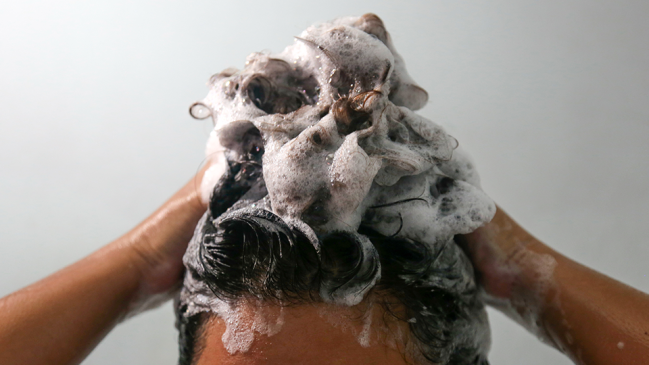The Great Gluten Skincare Debate
“Gluten-free skincare? Isn’t gluten only a problem if you eat it?”
If you’ve ever heard this (or thought it yourself), you’re not alone. For years, people assumed gluten only mattered in bread and pasta. But here’s the truth: gluten in skincare is controversial, misunderstood, and worth talking about.
Let’s break down the science of whether gluten can actually affect your skin—and why allergen-safe beauty is the smarter choice.
What Is Gluten, Really?
-
Gluten = a group of proteins found in wheat, barley, rye, and related grains.
-
In food, it’s what makes bread chewy.
-
In skincare, it’s often used as:
-
Binder (to hold formulas together)
-
Moisturizer (via wheat germ oil)
-
“Natural” additive for skin-softening
-
📌 Translation: gluten sneaks into lotions, shampoos, foundations, and lipsticks.
Can Skin Absorb Gluten? The Science
Here’s where it gets tricky.
📌 In other words: for people with celiac disease, gluten sensitivity, or eczema, gluten in skincare = real risk.
Dr. Liia Perspective
“For most people, gluten in skincare isn’t absorbed. But for celiac patients or those with allergies, lipsticks, hand creams, and shampoos can be triggers due to ingestion or skin barrier damage.”
This is why the celiac community often insists on gluten-free beauty.
Common Gluten Ingredients Hiding in Skincare
Watch for these red-flag terms on labels:
-
Triticum Vulgare = wheat germ oil
-
Hordeum Vulgare = barley extract
-
Secale Cereale = rye extract
-
Avena Sativa = oats (often contaminated with gluten unless certified GF)
-
Hydrolyzed wheat protein
📌 If it looks like a bakery menu, skip it.
Myths About Gluten in Skincare
Myth 1: “Gluten-free beauty is just marketing.”
❌ Truth: For those with celiac or gluten sensitivity, gluten-free skincare prevents real reactions.
Myth 2: “Only food matters, not skincare.”
❌ Truth: Lipsticks, balms, and hand creams are often ingested or transferred to the mouth.
Myth 3: “Oats are always gluten-free.”
❌ Truth: Unless certified, oats are usually cross-contaminated.
Why Go Gluten-Free if You’re Not Celiac?
Even if you’re not officially gluten-sensitive, gluten-free skincare can still be beneficial:
-
Safer for sensitive or eczema-prone skin
-
Cleaner formulations (fewer irritants overall)
-
Transparent labeling (brands that go gluten-free tend to go allergen-safe too)
📌 Think of it like eating organic—you don’t need to, but it often means better quality.
Gluten-Free as Part of Allergen-Safe Beauty
Gluten-free on its own = good.
But combine it with:
🥜 Nut-free
🌱 Vegan
🐰 Cruelty-free
💚 Allergen-safe
… and you’ve got truly inclusive beauty that works for everyone.
This is where the future of skincare is headed.
Section 8: FAQs on Gluten in Skincare
Q: Can gluten be absorbed through skin?
A: Generally no, but broken skin and ingestion (lip products) are risks.
Q: Which products are riskiest for celiacs?
A: Lipsticks, lip balms, hand creams, shampoos—anything near the mouth or hands.
Q: Are oats safe in skincare?
A: Only if labeled certified gluten-free.
Q: Should non-celiacs avoid gluten in skincare?
A: It’s not necessary, but many do for peace of mind and skin sensitivity.
So you can glow without the gluten gamble.
Final Thought
So, can your skin absorb gluten? The science says: not usually, but don’t underestimate the risks.
For people with celiac, gluten sensitivity, or simply sensitive skin, gluten-free skincare isn’t hype—it’s health.
Because beauty should build confidence, not cause flare-ups.
✨ Looking for gluten-free skincare that’s also allergen-safe? Explore the EpiLynx Gluten-Free Collection and discover beauty that’s safe, smart, and science-backed.










